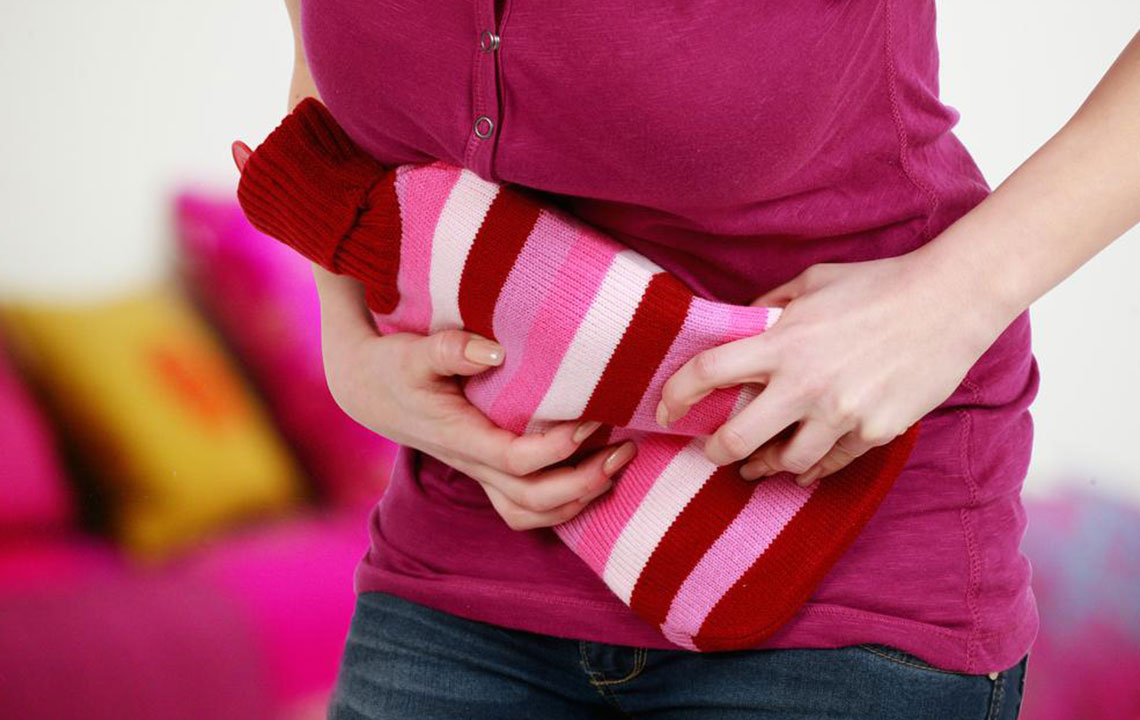Symptoms and treatments for UTI
How is the UTI caused and what are its symptoms?

UTI is caused due to the infection by bacteria in the urinary tract. The bacteria travels through the urethra and enters the bladder region and if unchecked, it enters the kidneys as well. This is often caused in women because the urethra is near to the anus from where harmful bacteria like E Coli travel to the urethra. Therefore, men are not as afflicted by UTIs as compared to women.
Some of the symptoms of UTI are :
- Burning sensation during urination
- Constant urge to urinate although there is no urine to be passed
- Throbbing or continuous pain in the pelvic area and abdominal area
- Urine appears to be cloudy, has presence of blood and is strong smelling
- Tiredness or feeling fatigue
- Accompanied fever, this may often be a sign that the UTI has reached the kidneys
If you notice any of these signs then immediately visit a doctor to get the UTI checked up.
What are the risk factors of UTI?
UTIs often happen to women and people with certain risk factors. Some of these are:
- Female Anatomy – The shorter urethra is the biggest reason for a UTI. A way to prevent the UTI is to ensure hygiene and taking care to wipe from front to back after using the washroom.
- Sexual intercourse – Most women have their first UTI after sexual activity. The risk also increases with a change of partner
- Birth Control – Birth control like diaphragms and spermicides which are inserted into the vagina cause a higher risk of UTI
- Menopause – A woman’s body is going through an immense change during menopause. This also creates a hormonal imbalance in the urinary tract leading to increased susceptibility to infection.
- Abnormalities in the urinary tract – This problem is often seen in newborn babies who do not have a developed urinary tract and suffer from UTIs
- Blockages in urinary tract – Many people suffer from kidney stones and enlarged prostate, especially seen in men. This can cause urine to get trapped in the bladder and cause an infection.
- Catheters – Catheters are instruments which are used when a person cannot urinate on their own. This is used by disabled people or those with neurological problems which have poor impulse control. This increases the risk of UTIs.
- Lack of immunity – The body is generally prepared to take care of itself and protect against infections. However, those who have been suffering from diseases and generally have low immunity are susceptible to UTIs.
How do you diagnose a UTI?
If you have any symptoms of UTI then the doctor will ask you to undergo a simple urine test to determine the presence of any UTIs.
What is the best treatment for UTI?
An antibiotic course is the best treatment for UTI. This is because it is essentially a bacterial infection and needs to be treated accordingly. Most doctors prescribe a course of a week or 10 days at the maximum and the symptoms of the UTI disappear within a few days after starting the medicines.
Some of the common antibiotics that are prescribed are fosfomycin, levofloxacin, ceftriaxone, and ciprofloxacin. If there is a prolonged period where you get frequent UTIs then the doctor generally prescribes low dosages of antibiotics to be taken every day.
In the case of women, doctors may also suggest single dosage antibiotics to be taken after sexual intercourse if that has been diagnosed as the biggest risk factor for the person.
How can UTIs be prevented?
A careful and hygienic lifestyle can certainly prevent UTIs. Here are some of the things that one can do to prevent UTIs –
- Stay hydrated – Make sure you drink adequate water, at least 6-8 glasses of water per day.
- Maintain your hygiene – Ensure that you keep your vaginal and urinary tract area clean and hygienic. Make sure you wipe from front to back and wash properly in a bath.
- Empty your bladder – Do not hold urine for long periods of time. Also, make sure you empty your bladder after sexual intercourse and drink water
- Do not use chemical feminine products – Several vaginal washes, douches, powders, and deodorants can irritate the fragile skin and urethra. Do not use these products; you can maintain clean hygiene just by washing with water and mild soap regularly.
If you suffer from UTIs regularly then make sure you have urine test kits and keep a hot pack ready to ease the pain.